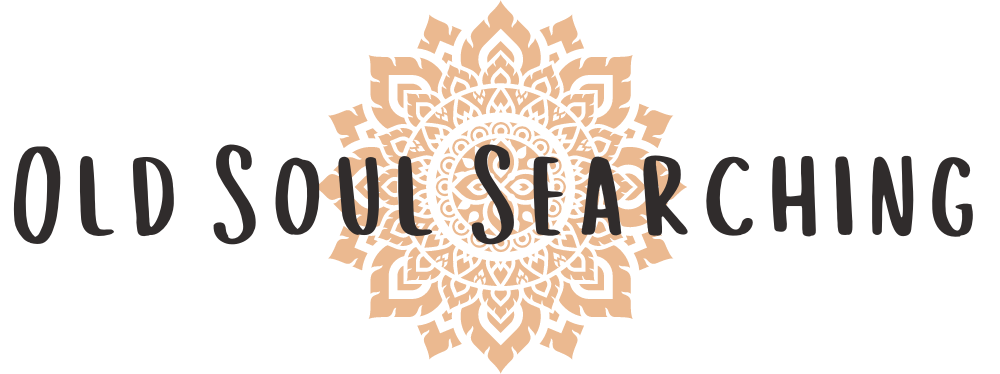. . .
Do you remember learning about Howard Gardner’s theory of multiple intelligences in school? There was everything from logical-mathematical and linguistic to bodily-kinesthetic and visual-spatial. Most of us are familiar with the concept that we learn and perceive the world around us in our own ways. The diversity in the way our minds interpret information is what makes us unique. It’s what pulls some of us to want to be heart surgeons and others, jazz musicians.
When I was a kid, teachers did their best to support the various types of intelligence. This could have been anything from play-acting, which would appeal to the kinesthetic intelligences, or class debates for linguistic intelligences. This allowed for every type of student to be fully engaged. The classrooms that had teachers droning on and writing on backboards all day with squeaky pieces of chalk easily lost more than half their audience. There needed to be more involvement with the other senses, otherwise, minds wandered.
In adult life, we don’t have teachers to support our different intellectual needs. Instead, we have husbands, wives, supervisors, colleagues, friends, and neighbors. Some of you reading this may not have even had teachers who supported your different intellectual needs when you were young. What does this mean for us now as adults? It means we still interpret information in our own unique ways, but rather than being met with support, we might be criticized for our lack of “quick wit.” The way each of us problem-solves is going to be radically different, and in a society that very much values linguistic or mathematical-logical thinkers, it’s important to remember that each type of intelligence brings its own value to the table. We need every single one of us to make the world go round.
Imagine a life without art, without the artists who create it. Imagine a life without books, without the authors who write them. Every contribution is necessary. No one intelligence is better than the other, though society has a way of trying to convince us of this.
SATs rarely ask you to carry a tune or write a sonnet. And what about our jobs? Do they utilize our strengths? If not, is there a way to incorporate them more? I hear people overuse the word “dumb” and “inept” far too often. Perhaps, dumb and inept don’t exist, and these people are simply misunderstood. Their form of intelligence isn’t as highly regarded as all the rest.
I have some friends who devour politics. They know every politician’s name, who they’re married to, where they vacation, and what they do in their spare time. But they might severely lack emotional intelligence. They may not be able to pick up on social cues or decode facial expressions. Others might be the exact opposite – they’ve adopted a keen sense of empathy and emotional competence, but they struggle with learning new vocabulary or spelling simple, everyday words. Is either person dumb? Of course not. Do they have different types of intelligence? Absolutely.
The next time you’re feeling “inept,” I challenge you to give yourself more credit. How you see the world is wonderfully unique to you. No one else will ever see it quite like you do. Bask in that awareness. Do not wish you could think “more logically.” Do not think low of yourself for understanding at your own pace. You’re exactly where you need to be. Of course, that’s not to say that you shouldn’t continue to expand your mind, read, research, and speak to groups of humans who think differently than you do, but go easy on yourself. You are not dumb or slow or incapable.
You are You, and in being You, you contribute more to humanity than you’ll ever realize.
. . .
Photo by Diego PH on Unsplash
Subscribe to Old Soul Searching and get more motivational insights straight to your inbox!




